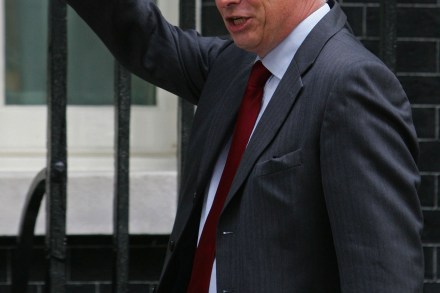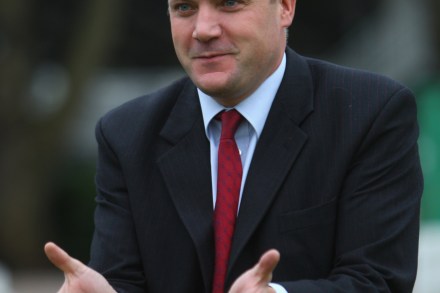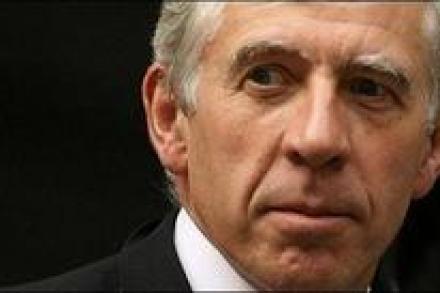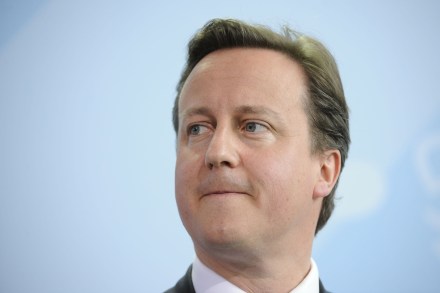Blair, magnanimous master of PR
It’s easy to be loose with a trifling £4.6m when you’re Tony Blair. Many will denounce his decision to give the advance and any royalties on his memoir to the British Legion as opportunistic – a cynical gesture characteristic of the man. As ever with Blair, there is more than a hint of a public relations exercise about this. But it is also extremely gracious, aiding people who prick his conscience. So I prefer to take his generosity at face value. As Con Coughlin puts it: ‘Whatever you might think of Mr Blair, he always had the courage of his convictions when it came to defending our freedoms, whether



















